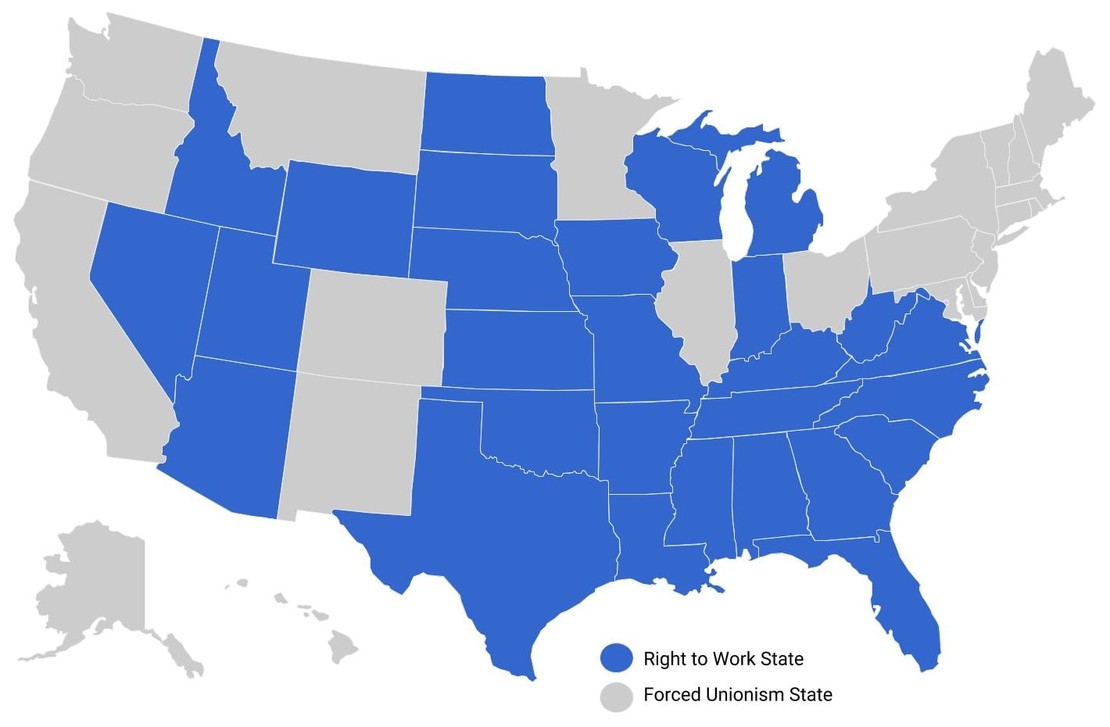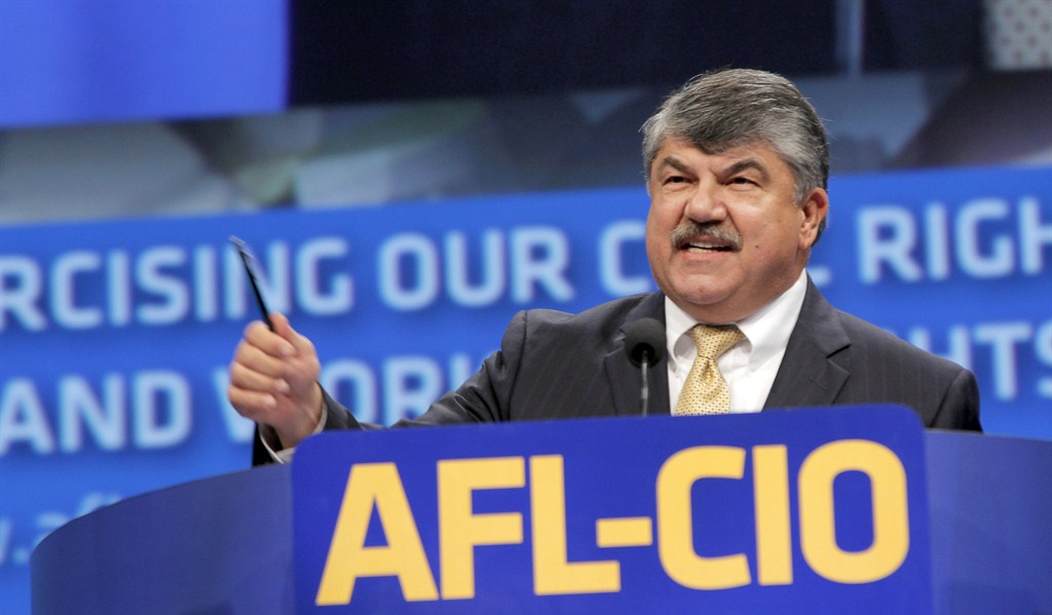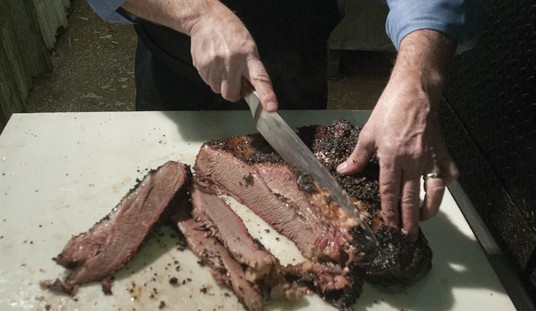The House of Representatives has passed the PRO Act, short for “Protecting the Right to Organize.” This bill goes far beyond the promise the Obama administration made to give card-check neutrality to private-sector unions. Then it was called the Employee Free Choice Act. The legislation would have allowed union certification via the card-check process traditionally used to force a union election. If 50% +1 voted to have a union election, both the employer and the union conducted campaigns before the election. Under card-check neutrality, if a majority signed cards, the union would be automatically certified. It did not pass when Democrats held Congress and the White House in 2009.
The PRO Act brings card-check neutrality in the backdoor. The legislation gives the National Labor Relations Board the power to overrule a union election loss if a majority of employees sign a card and the union alleges the employer interfered in the election. A majority of employees had to sign a card to trigger the election in the first place. The burden of proof would be on the employer to prove they did not interfere. There are already significant restrictions on what an employer can do during a union election campaign. This provision would upend the understanding of due process that generally applies to administrative law.
It also outlaws Right-to-Work laws in the 27 states that have them. If you look at a map, you can see what many of them have in common.

In these states, employees may choose whether or not to join the union representing the workforce when one is present. Having managed labor relations in several unionized facilities in right-to-work states, most employees choosing not to join for most of the labor contract period is common. Some will pay dues for a period of time before and after the contract to be able to vote on it and then leave again.
Contrary to popular opinion, those who choose not to join do not make different wages, receive different benefits, or operate under a different set of work rules. The primary difference is they do pay dues and may not receive a robust defense from the union in the disciplinary process. The PRO Act would force employees into a dues-paying situation as they have in union-shop states, where membership is a condition of employment.
The stated purpose of the PRO Act is to address declining union membership and union density. Private-sector unions represent approximately 6% of the workforce. The rate of unionization has been declining for 60 years. In my observations over a 15-year career, this is because private-sector unions don’t have a compelling value proposition. Many of the functions they originally served, such as workforce safety and work hours, are now enforced by the government through the Occupational Health and Safety Administration and The Wage and Hour division of the Department of Labor.
Additionally, the wage increases unions secure do not routinely outpace the job market as they once did. Most have had to agree to workforce flexibility and exchange pensions for defined contribution plans like 401Ks. While they have had more success preserving healthcare benefits, this comes at the expense of wages or other benefits. The pie doesn’t get any bigger during labor negotiations. It just gets sliced differently.
Democrats’ incentive for doing this is obvious. The vast majority of union donations go to Democrat candidates and causes. Having higher union density made up of members forced to pay dues benefits them directly. The PRO Act is an insane level of graft in the legislative process. The legislation also has features of California’s horrific law named AB-5 that voters gutted in November 2020. Wildly unpopular, the bill’s provisions severely limited independent contractors affecting a range of freelancers and consulting organizations. They also required gig employers like Uber and Door Dash to hire their drivers as employees. Similar restrictions are in the PRO Act.
There may be a way for employees in the right-to-work states to fight back if the PRO Act becomes law. Unions use a portion of members’ dues to contribute to the AFL-CIO coffers and the union’s international office. These organizations make political donations and endorsements. The members have no say in directing these funds or in who leadership chooses to endorse. Forced dues and membership may violate protections for both the freedom of association and freedom of speech. The Supreme Court ruled on a similar case in the private sector in favor of the employees.
It’s been quite a week for AFL-CIO President Richard Trumka. His organization’s work to try and influence the 2020 election to put a Democrat in the White House is paying off. In the stimulus bill, his constituents’ mismanaged multi-employer pensions got a taxpayer bailout for the first time in history. Congress had worked to avoid this solution for years. Now, if the PRO Act passes, he has a bludgeon for labor organizers to use that will ultimately increase his power and influence in our political process. And people wonder why Americans have lost faith in our political class.









Join the conversation as a VIP Member